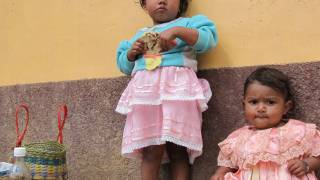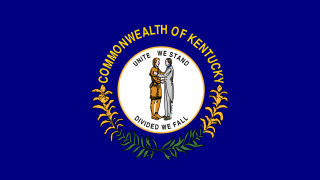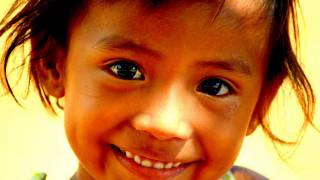Scheduling Your Next Infectious Disease Outbreak

Influenza is not the only infectious disease with a season.
In a new research paper, Micaela Martinez, Ph.D., makes a case that all infectious diseases have a seasonal aspect to outbreaks.
In any given year, outbreaks of flu in the winter, chickenpox in the spring, and polio in the summer are just a few examples in this study.
Dr. Martinez created an annual calendar of epidemics for 69 infectious diseases, from commonplace infections to rare tropical diseases.
The research paper describes 4 main drivers of seasonality in infectious diseases.
- Environmental factors like temperature and humidity regulate seasonal flu; in vector-borne diseases like Zika too, the environment plays a role in the proliferation of mosquitoes,
- Host behaviors such as children coming into close proximity with each other during the school year are a factor in measles,
- Ecological factors such as algae play a role in the outbreak of cholera, and
- Seasonal biological rhythms, similar to those that govern migration and hibernation in animals, may also be a factor in diseases like polio, although more research is needed.
“Seasonality is a powerful and universal feature of infectious diseases, although the scientific community has largely ignored it for the majority of infections,” says Martinez, an assistant professor of Environmental Health Sciences, at the Columbia University Mailman School of Public Health.
“Much work is needed to understand the forces driving disease seasonality and understand how we can leverage seasonality to design interventions to prevent outbreaks and treat chronic infections,” Dr. Martinez in a press release.
Identifying the drivers of seasonal outbreaks is not always straightforward, but they can pay dividends.
As an example, the bacteria that cause cholera, which spread to humans by fecal-oral transmission, can be maintained in water supported by algae.
Public health officials might undertake an intervention to prevent the transmission of cholera from infected individuals and/or target the bacteria surviving in algae-filled waterbodies.
Importantly, the key season to undertake each of these interventions would likely differ.
“There needs to be a systematic review of seasonality for each infectious disease.”
“Especially for chronic infections, if we understand when individuals might experience relapse or flare-ups, we might be able to anticipate illness and be more proactive about treatment or screening,” said Dr. Martinez.
Dr. Martinez collected data for this study from the Centers for Disease Control and Prevention (CDC), the World Health Organization (WHO) and the European Centre for Disease Prevention and Control.
Our Trust Standards: Medical Advisory Committee



























